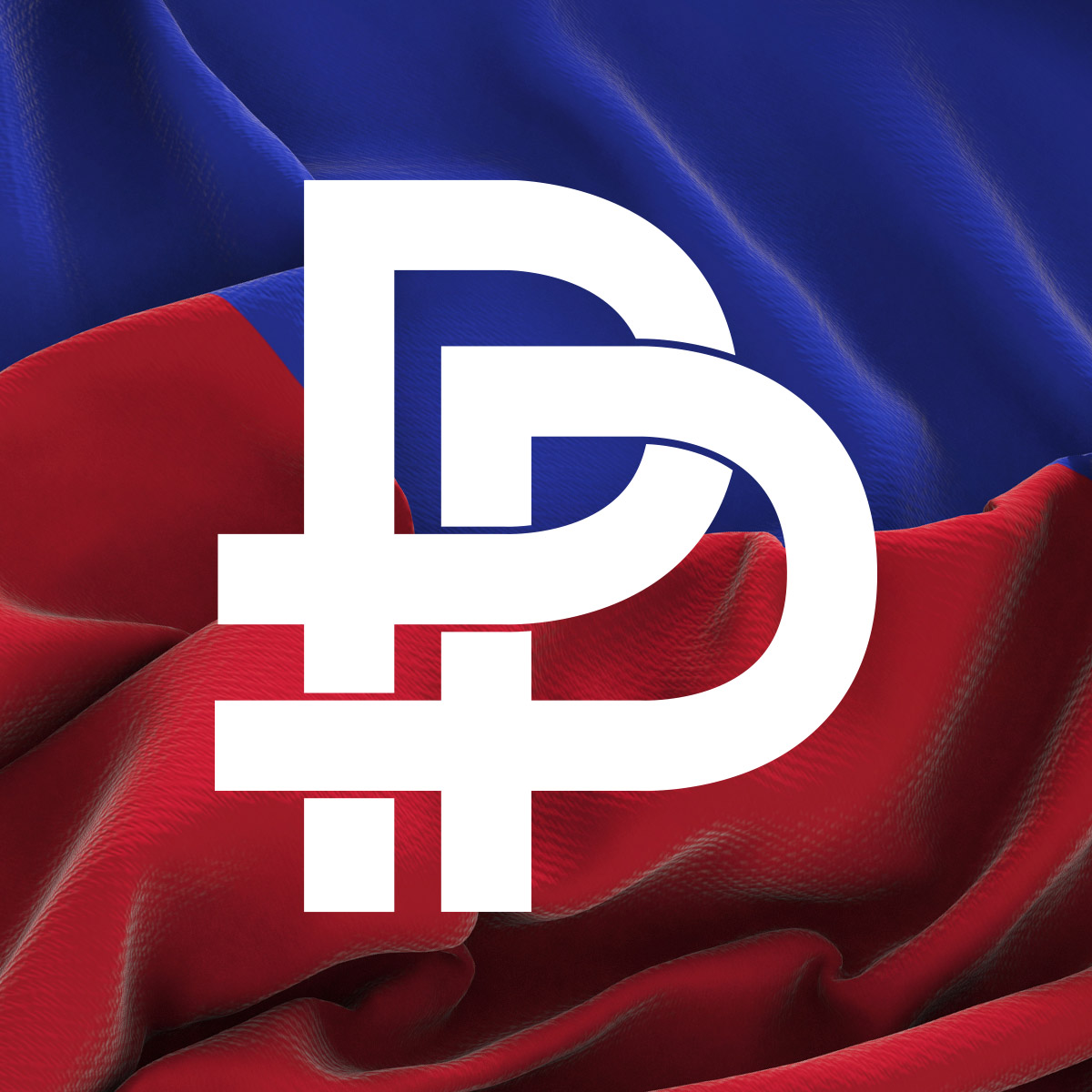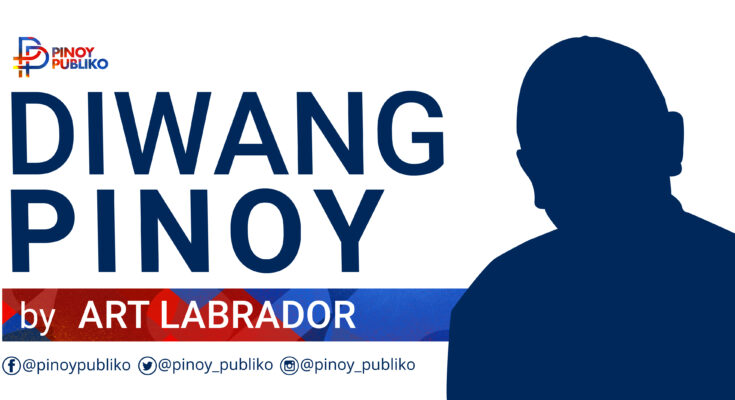WE call them political parties but they are more like exclusive clubs and alliances of diverse interests.
In the country’s democracy and republican government, a multi-party system supposedly provides the venue for the needed political engagement to settle differences and put direction to national development.
While these parties have constitutions and by-laws needed for Securities and Exchange Commission and Commission on Elections registrations that can show what they supposedly espouse, voters are kept in the dark on what they really are.
The only value that ordinary voters associate with political parties is the poll watcher’s ID during elections that entitles wearer to some renumeration and free food. That provides the only source of party loyalty nevertheless, at least during the elections.
But after the elections, what? It is only the candidates that are seen as members of the party but even from them you get nothing like the equivalent of a party vision and program of government.
After every election the political parties, democratic as they want to see themselves desire more to be popular than empowering and become mere dispensers of favors, from appointed positions at the national level to job orders at the local government units.
The true essence of working democracy is lost to politics of patronage where vision for a brighter future and values for good governance become mere cliches for image building.
At times, individual spoilers to the “kalakalan” become disruptive to parties forcing internal strife that revolves more around personal differences rather than policies and programs for the good of the country.
Parties become reliant on persons and not on ideas. The continuity of government programs beyond administration terms thus falls under a cloud of uncertainty despite the continuing dominance of a party. Worst is what we thought was the dominant party but turned out not dominant after all.
The Marcos dictatorship, ideological and benevolent as it wanted to appear, could not maintain an effective working party to support itself and eventually fell under popular pressure.
Joma’s communist party no matter how it invokes the good of the masses could only form an alliance among its own party-led organizations and treat other parties as instruments of the ruling elite that are good only for extortion during elections by its NPA.
Despite the lack of popular involvement in the existing political parties, democratic political parties remain the best option in the world now when nationalism is becoming the more appropriate response to globalization especially when a common pandemic enemy of the world shifts from the virus to self-protection of what and who really controls world economy.
In the country, these parties will have to learn from history, imbibe the values that formed the nation and be educators of the people even before recruiting them and engaging them in politics.
Para sa reaksyon o komento at tanong mag-email sa [email protected]





